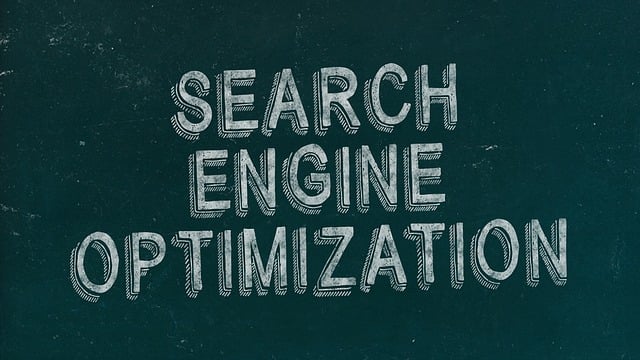In today's digital era, modern car owners expect efficient and convenient vehicle repair services. To retain customers, repair shops must adopt AI strategies that enhance service quality and responsiveness. AI-powered diagnostic tools speed up issue identification, predictive analytics anticipate maintenance needs, and chatbots provide 24/7 support. These innovations improve efficiency, accuracy, customer satisfaction, and loyalty. By leveraging data-driven AI, workshops can predict common repairs, personalize communication, and target marketing campaigns, fostering long-term client relationships and stimulating business growth in a competitive market.
In today’s competitive market, optimizing vehicle repair workflows is crucial to meet evolving customer expectations. This article explores effective AI strategies to revolutionize the industry. We delve into understanding modern customers’ demands and how AI can enhance service efficiency and accuracy. Additionally, we discuss data-driven approaches to foster customer retention and drive business growth. By leveraging these AI optimization strategies, repair shops can stay competitive and provide unparalleled service experiences.
- Understanding Customer Expectations in Modern Vehicle Repair
- Leveraging AI to Enhance Service Efficiency and Accuracy
- Implementing Data-Driven Strategies for Customer Retention and Growth
Understanding Customer Expectations in Modern Vehicle Repair

In today’s digital age, customer expectations in vehicle repair have evolved significantly. Modern car owners are increasingly demanding efficient, transparent, and convenient services. They want real-time updates on their vehicle’s status, accurate estimates for repairs, and options for scheduling and paying online. Meeting these expectations is crucial to retaining customers, as they actively seek out shops that provide a seamless, positive experience.
AI strategies play a pivotal role in helping repair shops retain customers by enhancing service quality and responsiveness. For instance, AI-powered diagnostic tools can quickly identify issues, reducing the time customers wait for their vehicles’ assessment. Predictive analytics can anticipate routine maintenance needs, fostering proactive customer engagement. Additionally, natural language processing chatbots offer 24/7 support, answering common questions and providing immediate assistance, thereby boosting customer satisfaction and loyalty.
Leveraging AI to Enhance Service Efficiency and Accuracy

Leveraging artificial intelligence (AI) can significantly enhance service efficiency and accuracy in vehicle repair workflows, ultimately improving customer satisfaction and retention. AI strategies such as predictive maintenance enable mechanics to anticipate and prevent potential issues before they occur, minimizing downtime for vehicles and maximizing operational effectiveness. By analyzing vast amounts of historical data, AI algorithms can identify patterns that suggest when a vehicle might need repairs, allowing for proactive service scheduling.
Moreover, AI-driven diagnostic tools assist technicians in quickly and accurately identifying the root causes of vehicle problems. These tools use advanced image recognition, natural language processing, and machine learning to interpret complex data from vehicles, leading to more precise repairs on the first attempt. As a result, customers benefit from faster turnaround times, reduced service costs, and higher-quality repairs, making them more likely to return for future maintenance needs.
Implementing Data-Driven Strategies for Customer Retention and Growth

In today’s digital era, implementing data-driven AI strategies is a game-changer for vehicle repair businesses aiming to retain and grow their customer base. By leveraging machine learning algorithms, workshops can gain valuable insights from past interactions and service records, allowing them to anticipate and cater to customers’ needs more effectively. For instance, predictive analytics can identify patterns in common repairs or maintenance preferences, enabling proactive communication with clients about potential issues before they arise. This personalized approach not only enhances customer satisfaction but also fosters long-term loyalty.
Moreover, data-driven strategies enable targeted marketing campaigns that go beyond generic promotions. AI can segment customers based on repair history and behavior, allowing for tailored offers and recommendations. For example, a shop could offer a special discount to repeat clients who have recently had their vehicles’ oil changed, encouraging future business while rewarding loyalty. Such strategic AI applications not only drive growth but also ensure that vehicle repair businesses remain competitive in a market where customer retention is key to success.
AI optimization strategies are transforming vehicle repair, enhancing efficiency, accuracy, and customer satisfaction. By leveraging data analytics and intelligent systems, repair shops can improve service times, reduce costs, and develop targeted retention plans. Implementing these AI strategies not only boosts operational excellence but also strengthens customer relationships, ensuring long-term growth in a competitive market. To retain customers, vehicle repair businesses should focus on consistent quality, personalized experiences, and effective communication – all facilitated by the power of AI.
